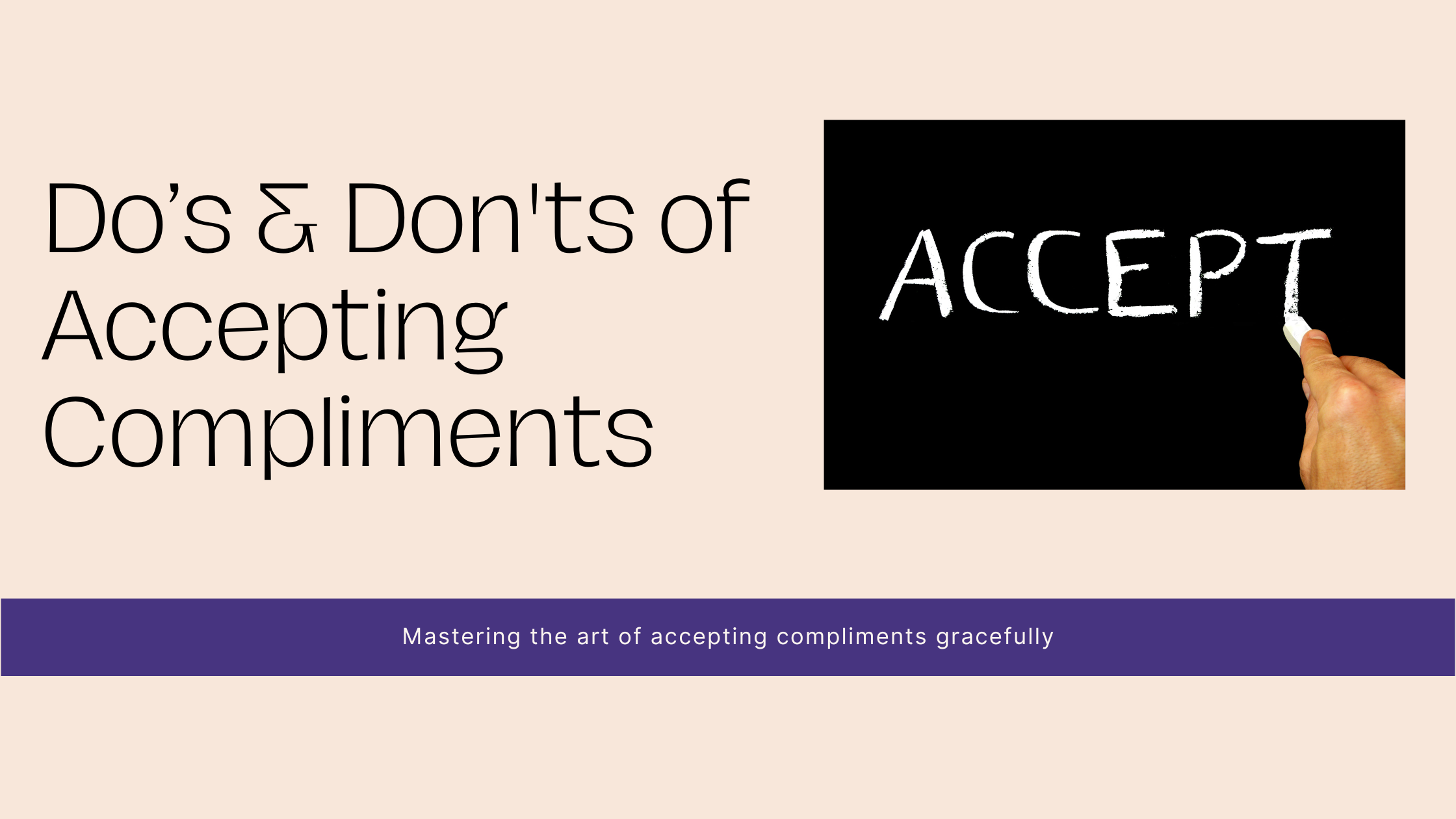When someone takes the time to compliment you or your work, it is more than a collection of nice words. They are recognizing your efforts, skills, or contributions. How do you respond to compliments at work? Do they sometimes make you uncomfortable, awkward, and unsure how to react?
You aren’t alone. I am certainly guilty from time to time!
Sometimes, we deflect the praise and give credit to others instead by saying, “I was just doing my job,” or redirect the praise by saying, “Mary did most of it.” While this may seem like humility, it can actually have unintended consequences.
“A compliment is a gift, not to be thrown away carelessly unless you want to hurt the giver.” Eleanor Hamilton
Compliments are not just pleasantries but acknowledgments of your hard work and value within an organization. When someone offers you a compliment, they are recognizing you! When you accept the compliment, you are affirming your own worth and reinforcing the positive perception others have of you.
When you don’t accept the compliment, you are:
Undermining Your Achievements: When you deflect a compliment, you may inadvertently diminish the recognition of your own efforts. Others will underestimate your contributions, and it may affect how your work is valued in the future. If you don’t value what you did, why should they?
Insulting the Compliment Giver: Deflecting the compliment can make the giver feel as though their acknowledgment is being dismissed. It may appear as if you don’t value their opinion or their praise is unwarranted.
When Warren and I first dated (almost 20 years ago!), he would compliment me on how I looked. I was uncomfortable when he did that and would often dismiss it or jokingly tell him he had drunk too much wine. One day, he told me I needed to stop doing that, or he would stop complimenting me. He said that each time I dismissed him, I told him he was wrong and thought he didn’t have good judgment. It felt like an insult to him.
I was just uncomfortable, but I shouldn’t insult him just because it felt weird to me.
Creating Awkwardness: Deflecting a compliment can create an uncomfortable exchange, leaving both you and the giver feeling uneasy. The compliment was intended to be positive, and you may inadvertently create an awkward atmosphere by not accepting it.
Mastering the art of accepting compliments with grace and poise is essential. The good news is that you can teach yourself to receive compliments!
Simply Say Thank You: The simplest and most effective way to accept a compliment is to say, “Thank you.” This acknowledges the compliment and shows that you appreciate the recognition. You don’t need to elaborate or justify the praise; a sincere “Thank you” is often enough.
Example: “Thank you, I really appreciate that.”
Be Specific: If you want to say more, acknowledge the specific aspect of the compliment. This shows that you are attentive and that the compliment is meaningful to you.
Example: “Thank you, I’m glad you noticed the effort I put into organizing the event.”
Share Credit Where Appropriate, But Don’t Deflect: If the success was truly a team effort, it’s okay to acknowledge others’ contributions. However, it’s important to do so without downplaying your own role.
Example: “Thank you. It was a team effort, and I’m proud of what we accomplished together.”
Avoid Self-Deprecation or Self-Criticism: It can be tempting to downplay your abilities by responding with self-deprecating humor or remarks. It is also tempting to point out what you didn’t execute to 100% in an attempt to downplay as well. However, this can come across as lacking confidence or not valuing your own work.
Example: Instead of saying, “Oh, it was nothing; anyone could have done it,” say, “Thank you, I’m really happy with how it turned out.” Or, don’t say, “Oh, boy, you should see the mess I made of the back end of this Excel spreadsheet to get the numbers to add up.”
Use the Compliment as Motivation: When someone notices that I did something nicely, it motivates me. You can express how the recognition encourages you to continue delivering high-quality work.
Example: “Thank you. Your feedback means a lot to me and motivates me to keep doing my best.”
Regardless of your title, your role is essential to your organization’s success, and it’s important to recognize and accept the value you bring. Compliments reflect your hard work and dedication, and accepting them graciously is a key aspect of professional communication.
Remember, accepting a compliment is not about boasting; it’s about recognizing your contributions and allowing others to appreciate your work.
This article was written by Rhonda Scharf and not by Artificial Intelligence.










